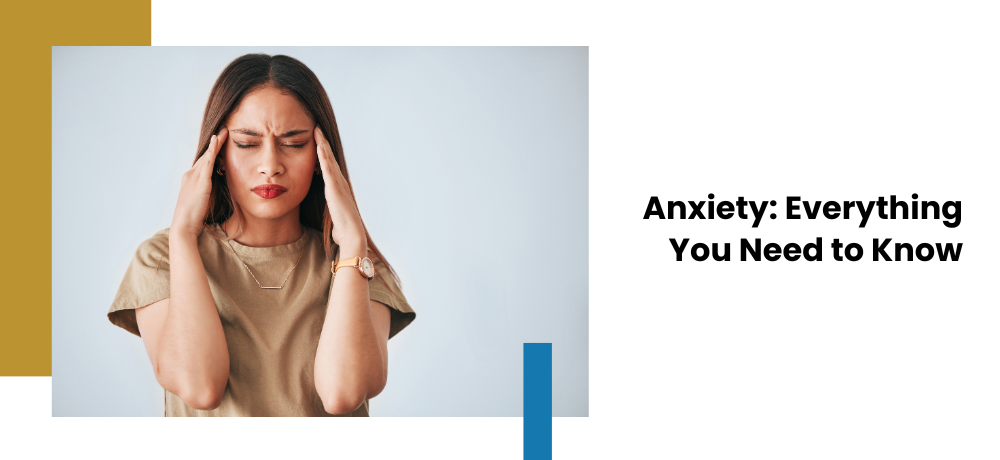
Anxiety: Everything You Need to Know
- Pablo Munoz Psychotherapist
Categories: Anxiety , Depression , Phsysotherapy , wellbeing
Anxiety is a complex and multifaceted emotion that arises from inner conflicts, fears, repressed desires, and worries about the future. As a psychoanalytical therapist, I have witnessed how anxiety can impact individuals' lives and their relationships. In this blog, we will dive deep into the world of anxiety, exploring its origins and manifestations from a psychoanalytical perspective, and how we can cope with it.
1. Understanding Anxiety
Anxiety is an emotion that arises from inner conflicts, fears, repressed desires, and exaggerated worries about the future, which individuals are often unaware of. It's a natural response to stressful situations; however, it can become excessive and irrational when the individual is unable to cope with the stimuli. Anxiety can manifest in various ways, such as physical symptoms like sweating and palpitations, or psychological symptoms like racing thoughts and a sense of unease or lack of feeling of control. It's essential to recognize that anxiety is not a sign of weakness, but rather a symptom of an underlying issue.
2. Types of Anxiety Disorders
Anxiety disorders are a result of unresolved inner conflicts and unconscious fears, which are often rooted in early life experiences. There are several different types of anxiety disorders, such as Generalized Anxiety Disorder, Panic Disorder, Social Anxiety Disorder, and Specific Phobias. Each of these disorders has its unique characteristics and triggers, which can be understood and addressed through psychoanalytical therapy.
3. The Impact of Anxiety
Anxiety can have a significant impact on an individual's life. It can affect their relationships, work, and social life. Individuals with anxiety may avoid situations that trigger their anxiety, leading to missed opportunities and a sense of isolation. In severe cases, untreated anxiety can lead to depression, substance abuse, and even suicidal thoughts.
4. Managing Anxiety
The key to managing anxiety is to identify the underlying issues and work through them. Psychoanalytical therapy techniques can help individuals uncover their unconscious fears and desires, which are often at the root of their anxiety. By understanding the root cause of their anxiety, individuals can develop coping mechanisms and strategies to manage their symptoms effectively. Relaxation techniques like deep breathing and mindfulness can also provide immediate relief from symptoms and can be integrated into psychoanalytical therapy.
In conclusion, anxiety is a complex and multifaceted emotion that arises from inner conflicts, fears, repressed desires, and worries about the future. It's crucial to understand the nature of anxiety, recognize its various manifestations, and seek appropriate psychoanalytical treatment. By addressing the underlying issues, individuals can learn to manage their anxiety, regain control of their lives, and lead a fulfilling life.
If you or someone you know is struggling with anxiety, don't hesitate to reach out for support. As a psychotherapist at Pablo Munoz Psychotherapist, I'm here to help. To learn more about my services, please click here. If you have questions, I'd be happy to hear from you. Please feel free to call me at (416) 723-3704 or email me at pablo@pablomunoz.ca.
Anxiety doesn't have to define you. Together, we can work towards a brighter, anxiety-free future.
.png)